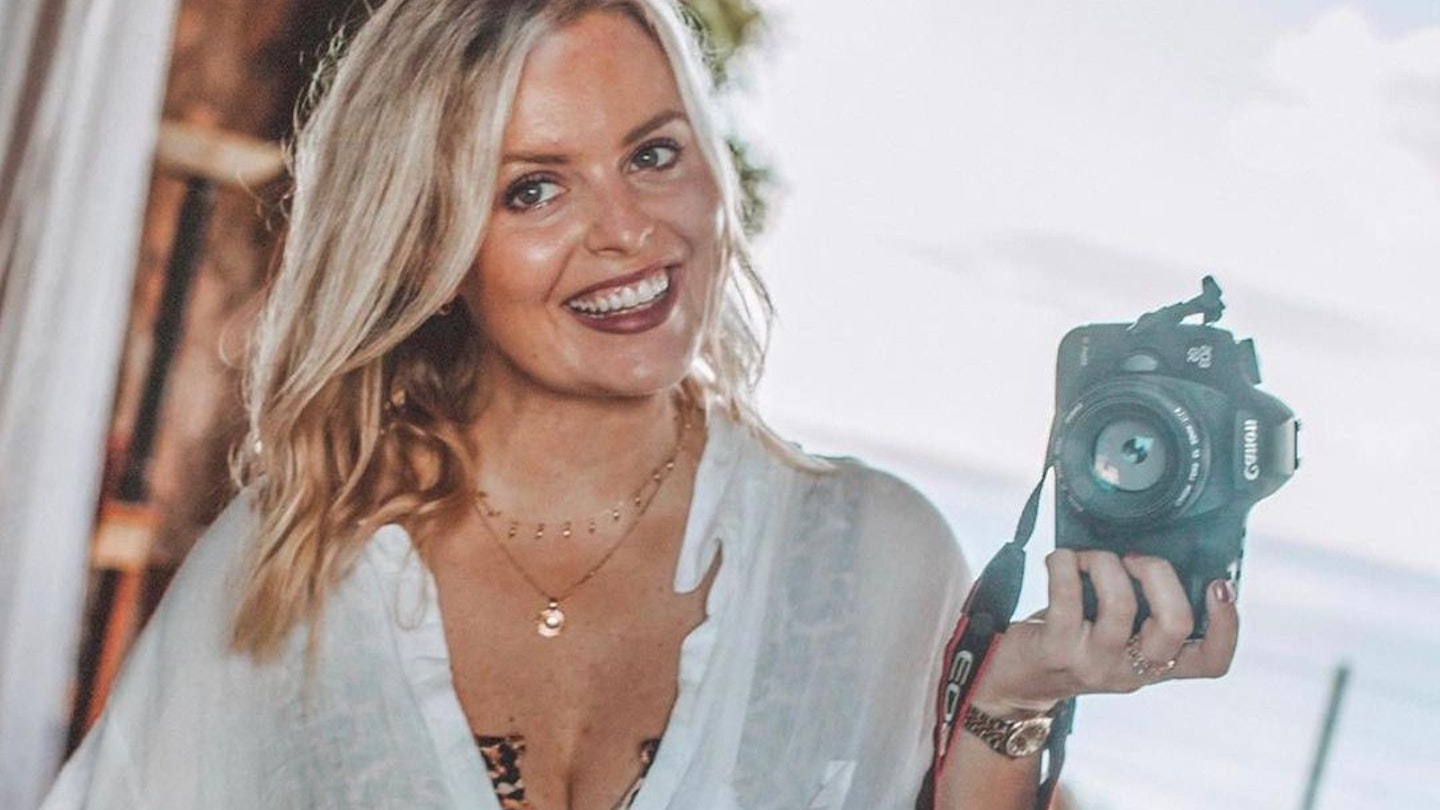Trigger warning: discussion of eating disorders
I grew up obsessed with fashion. It was my parents’ career field and I loved being surrounded by it - as soon as school allowed, I started to intern in the industry, worked my way through several fashion houses and fashion magazines and, after leaving university, landed a full-time job as a fashion writer.
On the surface, I was thriving. I had my dream job in an industry I adored and I enjoyed every minute of it - by day, I interviewed designers, celebrities and models and wrote about the latest trends and I spent most of my evenings quaffing champagne at trendy London fashion dinners and parties.
I grew up (as most of us did) in a strongly diet culture-focused environment that encouraged me to internalise the belief that I wasn’t worthy if I wasn’t thin.
It may have looked like I was living the dream but I was suffering with an eating disorderthat was becoming progressively worse and, frighteningly, out of my control. I reached a point where I was solely living off boiled sweets - sucking them had become a kind of soothing tactic that I believed, at the time, to be a substitute for eating actual food.
I was equal parts desperate, grateful and terrified when my mum intervened and insisted I receive professional help. I was taken to an in-patient clinic and that was the beginning of a recovery that was long, rocky and extremely painful – but also the best thing I’ve ever done.
A huge chunk of the therapy required as part of recovery was uncovering internalised beliefs that were contributing to my all-consuming and life-threatening need to be thin. And, wow, we had lots to uncover - the main revelation, to me, being that I grew up (as most of us did) in a strongly diet culture-focused environment that encouraged me to internalise the belief that I wasn’t worthy if I wasn’t thin. While that belief was created as a result of other factors, I can say with absolute certainty that it was at least compounded by my close proximity to the fashion industry.
Fashion has forever favoured the slimmer demographic, with countless high-profile brands refusing to cater for women over a size 14 - or sometimes even a 12, despite size 16 being the average size for a woman in the UK. This is particularly true of designer brands, but it applies to some high street stores too. And what kind of message does this send out? That women living in bigger bodies aren’t worthy of nice clothes; not even worthy of being acknowledged. The fashion industry is deeply, deeply fatphobic - one of the most anti-fat industries that exists - and, because of this, it’s much, much easier to be fashionable when you’re thin. And it’s a lot easier to thrive in the industry when you’re thin; thinness, in fact, is strongly encouraged. It’s shocking, when you take a step back and consider it objectively, but it’s gone largely unquestioned for so long. Unquestioned on a collective, societal level, and unquestioned individually, too - I never recognised that anything was amiss, I just thought the rampant fatphobia was acceptable and I was to achieve thinness at all costs.
The more things began to slot into place in my recovery, the more I was galvanised into action. I started to research and post anti diet-culture content on Instagram and found my voice as someone who was genuinely committed to dismantling this archaic, oppressive system that has constrained (mostly) women for far too long.
I think we’re generally not used to seeing a woman who is confident in her own body and accepts herself as she is
Initially, it was terrifying - I had been obsessively secretive about my eating disorder, so talking about my struggles in such an open forum was terrifying. And the idea of sharing my body, ‘flaws’ and all, after being ashamed of it for my entire life, was something I struggled to get my head around. But the response immediately calmed my nerves; I was amazed to discover how many women were in a similar situation and held the same beliefs that had impacted their lives, too
This emboldened me further and I genuinely haven’t looked back since - at the risk of entering into serious bragging territory (!), I receive messages daily from women letting me know that I have made them feel better about their body, or that my account has encouraged them to seek help for an eating disorder or confide in someone about their low self-esteem.
Knowing this encourages me to continue doing what I do, even when I receive nasty comments, which is often. I think we’re generally not used to seeing a woman who is confident in her own body and accepts herself as she is and that is triggering to many people, causing them to lash out. Trolling used to seriously impact my self-esteem - trust me, there have been a LOT of tears - but, at this point, I really have heard it all, and I’ve received enough negativity to thicken my skin. Every so often, when I’m feeling slightly vulnerable or maybe having a bad body image day, something will cut through and upset me, but generally I am able to recognise that their comment is a ‘them’ problem, not a ‘me’ problem.
I often get asked whether I think social media is as detrimental and damaging to our mental health as it has been made out to be. And I don’t think there’s one right answer - I think it’s case-dependent and, unfortunately, lies in the hand of each individual user. Before my pivot to creating this kind of body confident content, I followed a lot of people who, generally, made me feel bad about my body. My feed was packed full of women who upheld society’s very narrow standard of beauty and constantly reminded me that I didn’t, so it was detrimental to my mental health. Now, I follow women of all different shapes and sizes who uplift, inspire and educate me and my Instagram feed has become a little haven of positivity for me (a few of my favourite people to follow on there are Kenzie Brenna, Stephanie Yeboah, Emily Clarkson, Aubrey Gordon, Jess Megan, Soph Butler and Megan Rose Lane).
Right now, there are many people on Instagram circulating memes about the end of lockdown and the weight loss that we are supposed to achieve before it. I understand that the intention behind them is to entertain, not cause harm, but that is, unfortunately, the impact. With a reported 54% of us having gained weight since the beginning of Covid – which is, by the way, entirely normal given that we have been in a pandemic and stripped of our normal routines – it is a source of discomfort for many, and the panic around having to rapidly shed weight is going to be harmful for many. I created a post around these memes with an attempt to demonstrate how harmful they are not only for the eating disorder community and the fat community, but also for people who fit into neither community yet have struggles with their body image – which is a vast amount of people. The response was enormous – the post was viewed by over a million people and I had thousands of messages from women detailing how seeing those memes had made them feel.
We don’t need to be triggered by or feel bad about what we see on social media. We can and should curate our social media consumption to make it as positive, uplifting and inspiring as possible - and I think it’s imperative that we educate the younger generation around this, as that’s where a negative space has the opportunity to create the most detriment.
If someone makes you feel bad, unfollow them. If you’re worried that unfollowing will offend them, mute them so that you don’t see their content. Your mental health should be your number one priority.
If you or someone you know needs help with an eating disorder, visit Beat Eating Disorders for free and confidential support.
SEE: The Results Of Grazia's Size Survey
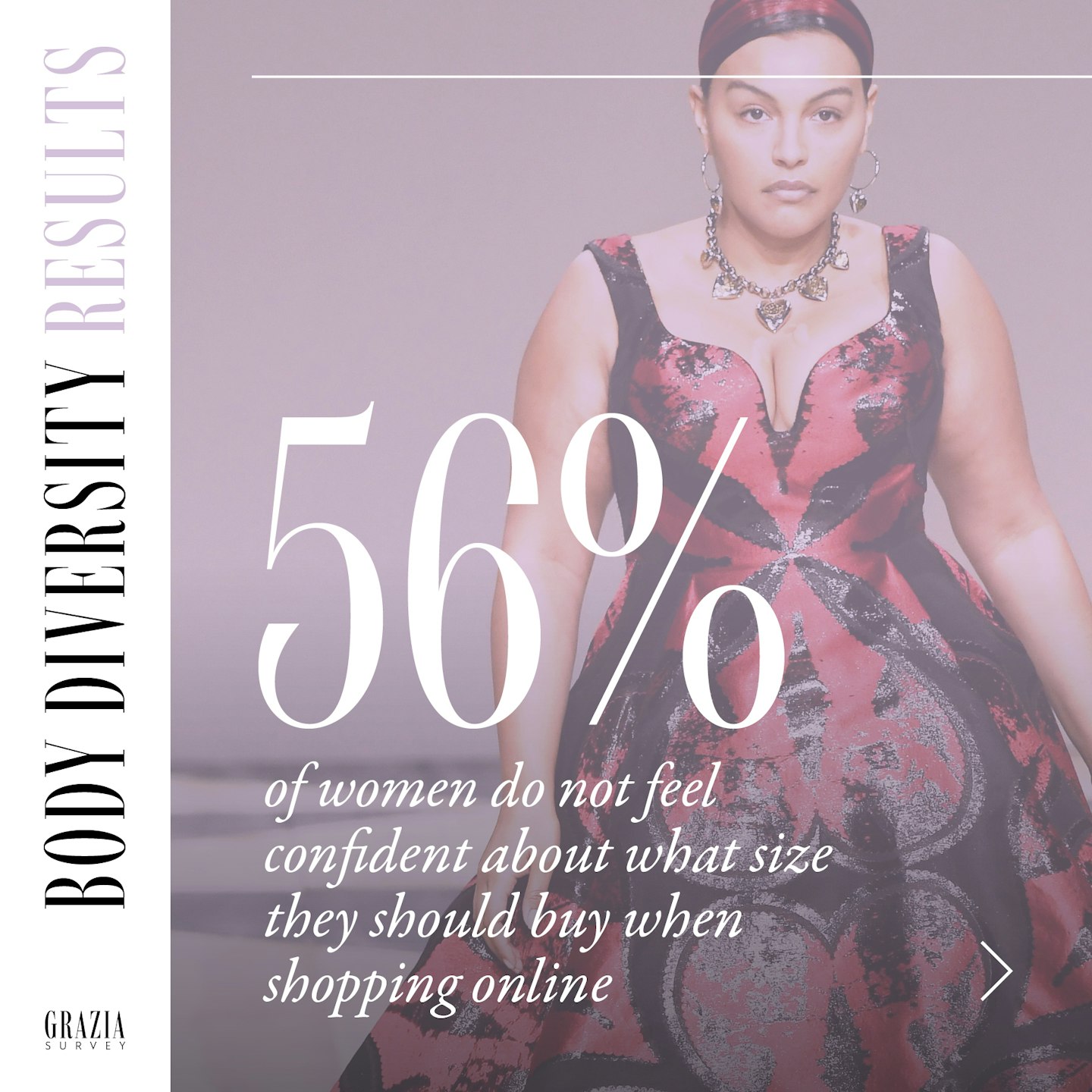 1 of 9
1 of 9Grazia's Size Survey
We asked over 300 Grazia readers for their shopping experiences and how they felt about fashion's approach to size. This is what they said...
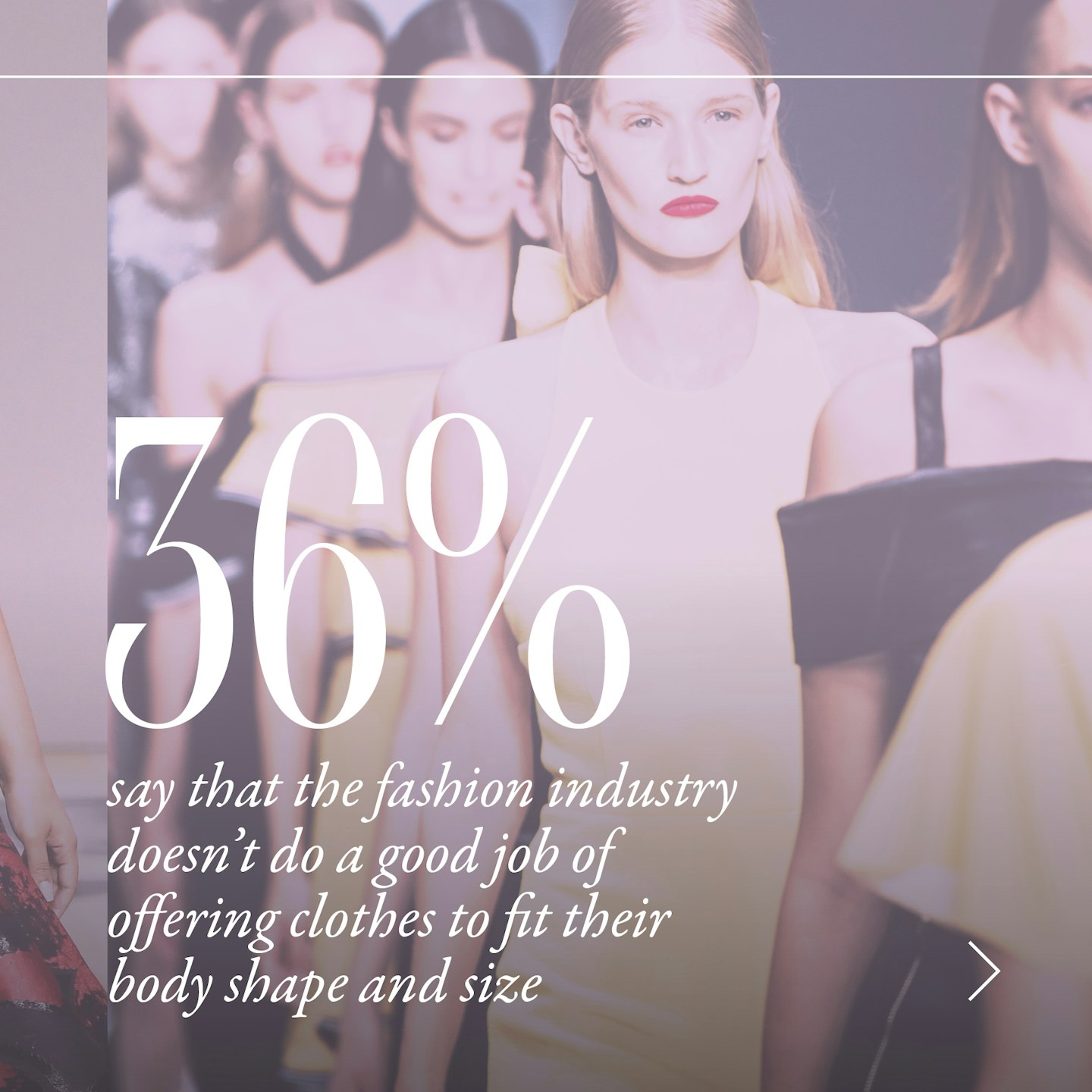 2 of 9
2 of 9Grazia size survey
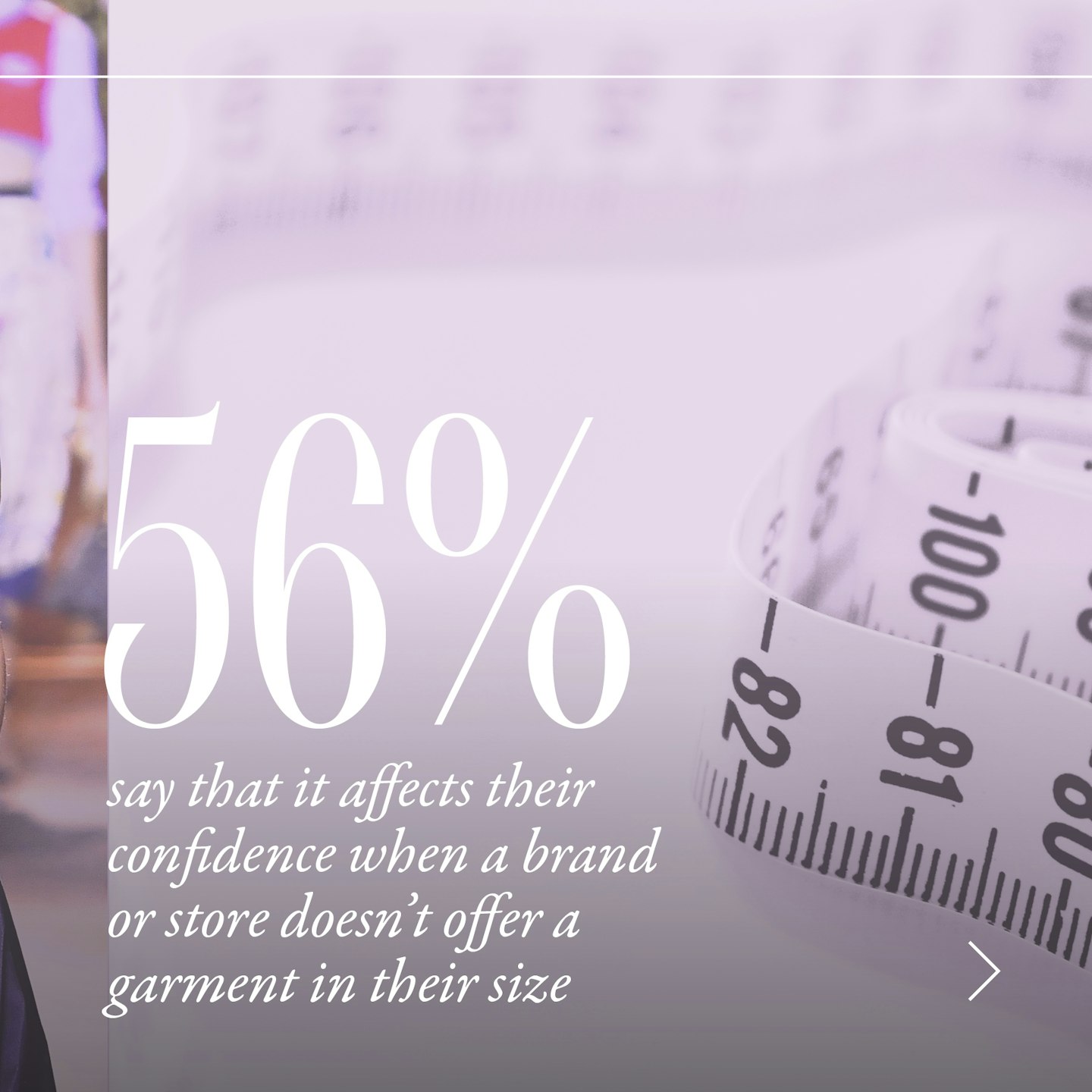 3 of 9
3 of 9Grazia size survey
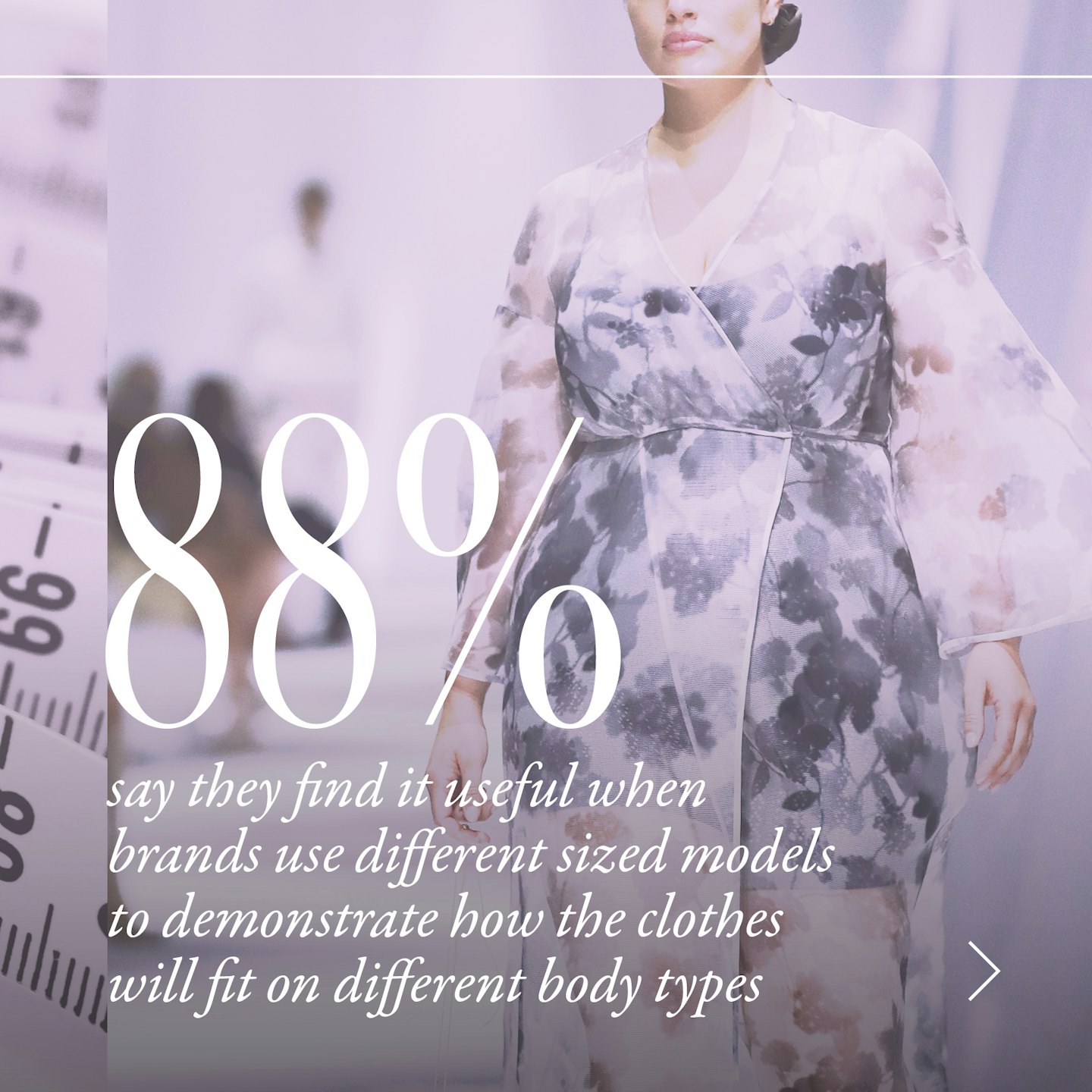 4 of 9
4 of 9Grazia size survey
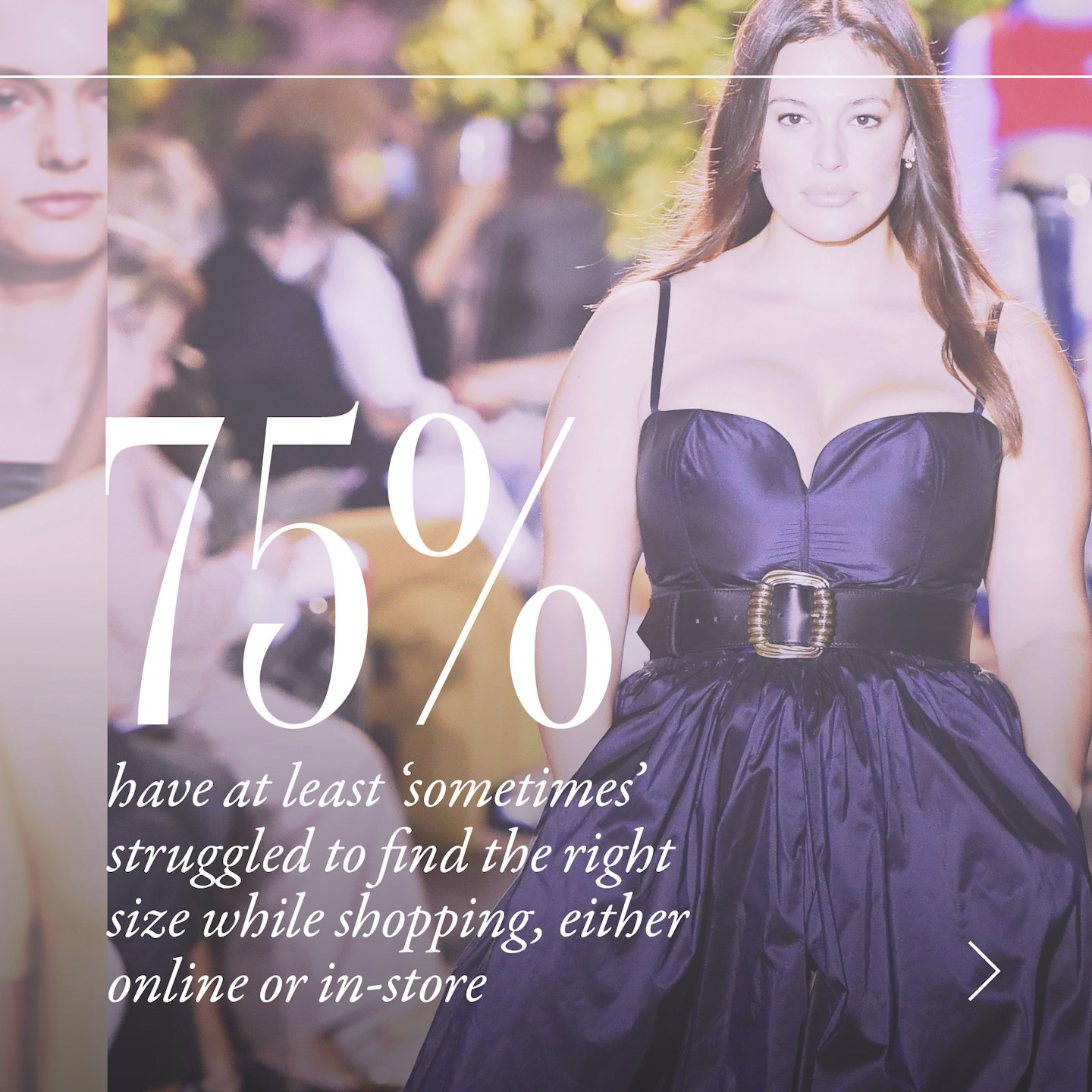 5 of 9
5 of 9Grazia size survey
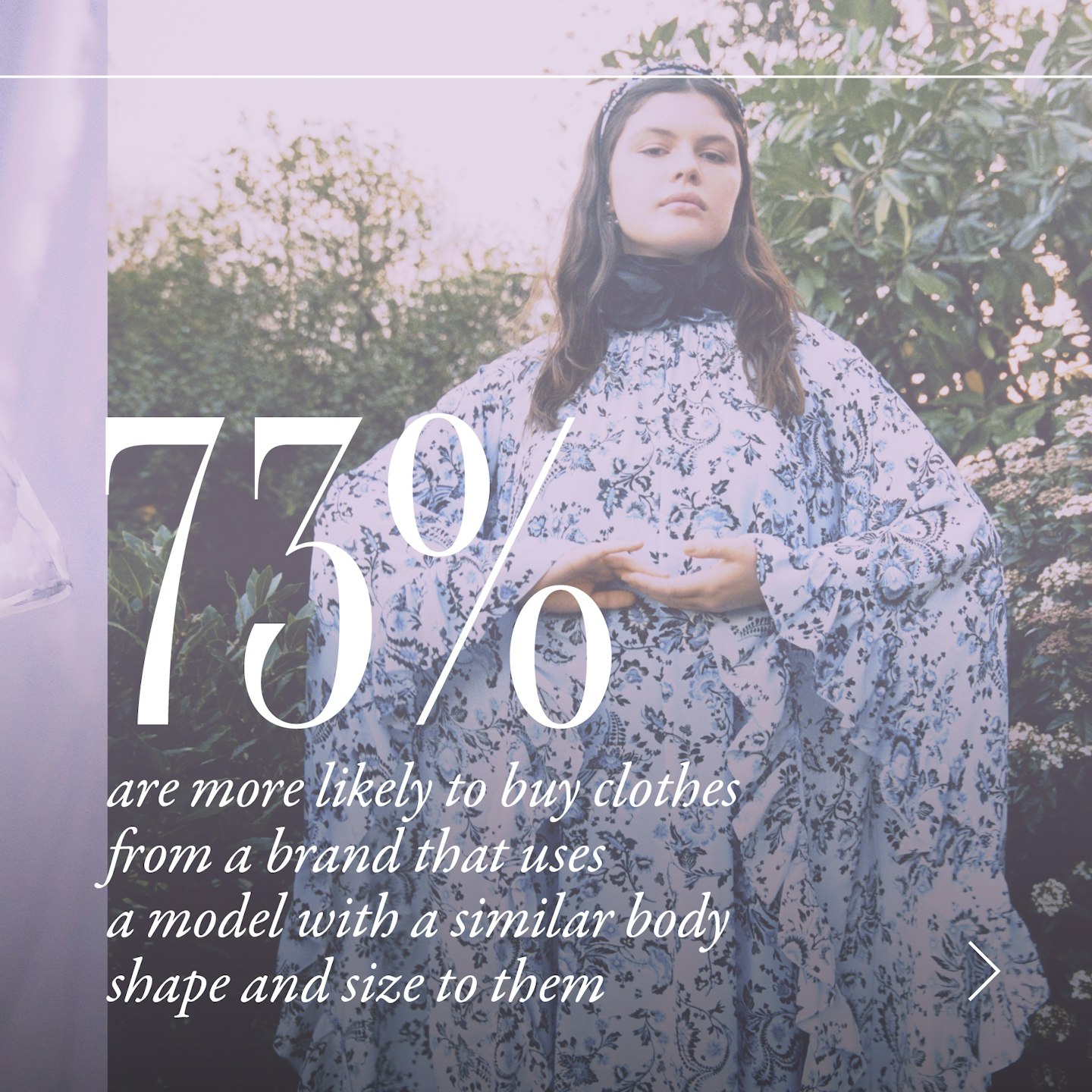 6 of 9
6 of 9Grazia size survey
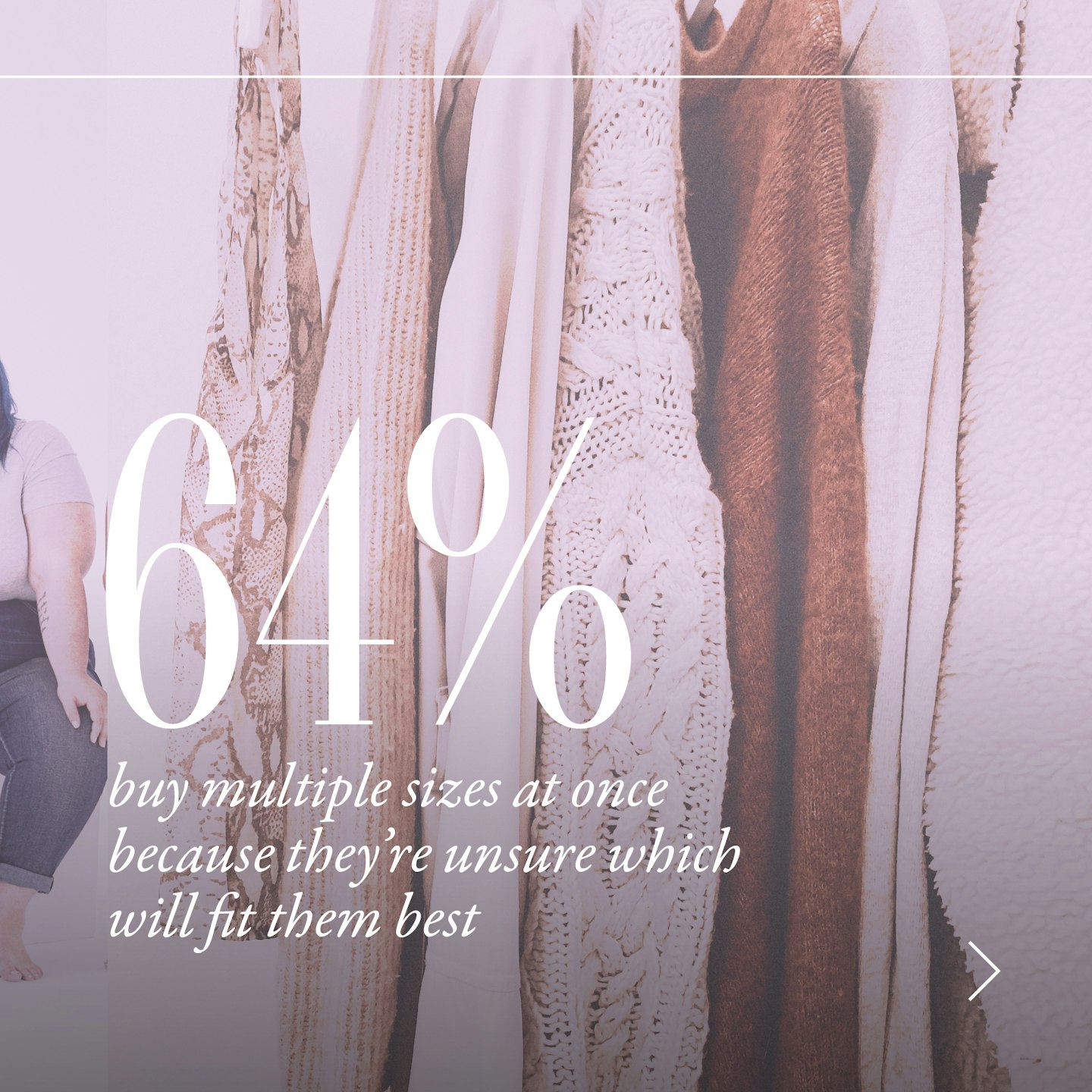 7 of 9
7 of 9Grazia size survey
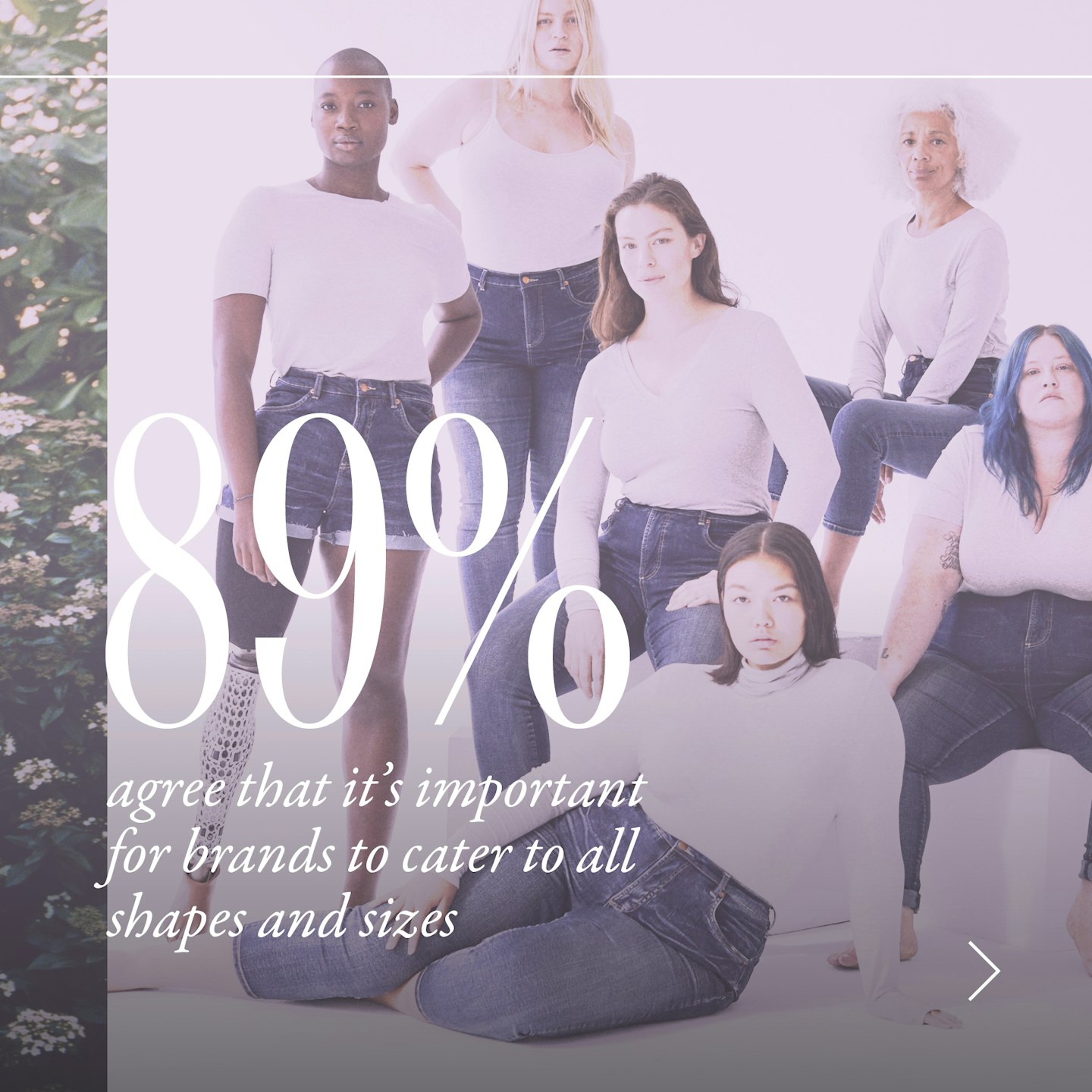 8 of 9
8 of 9Grazia size survey
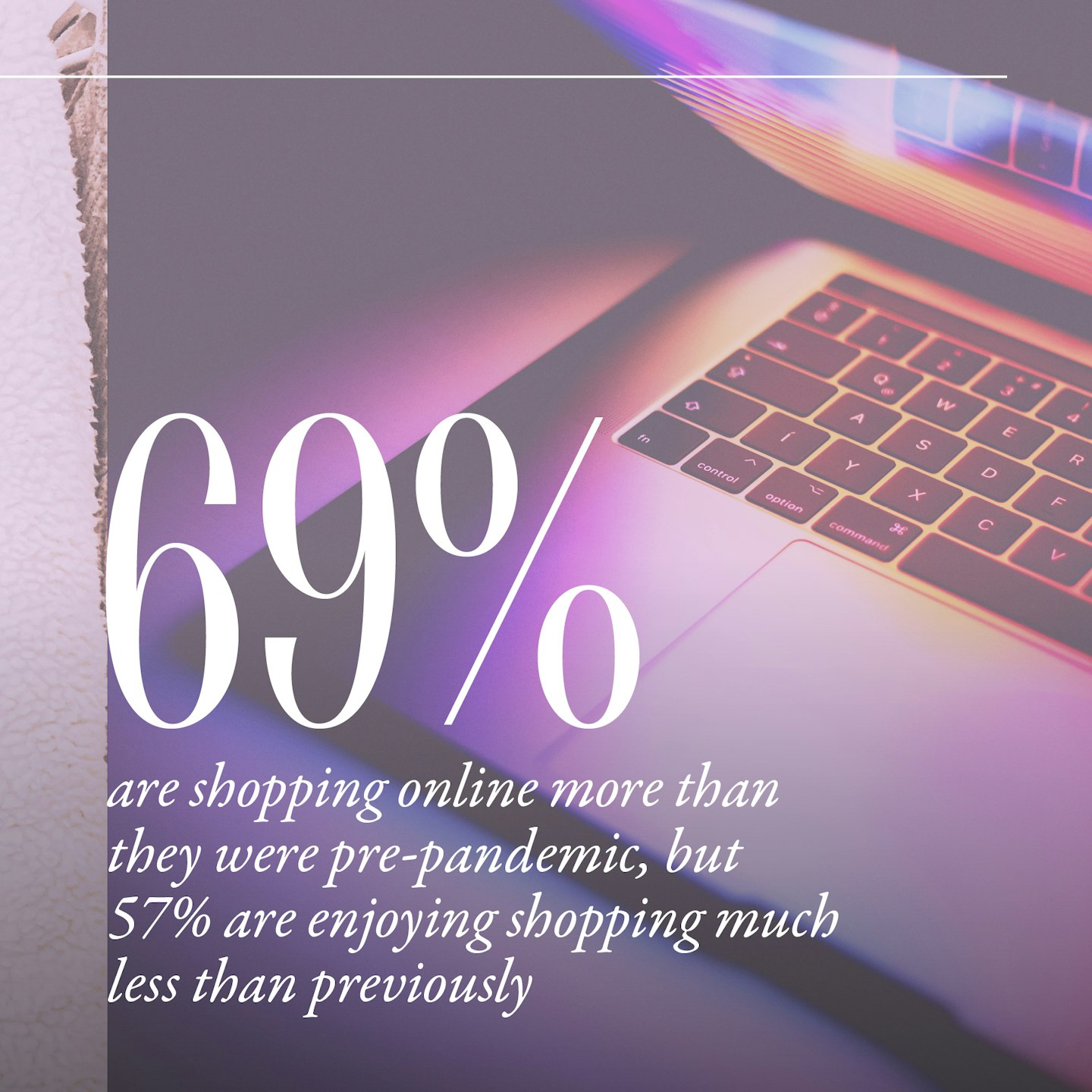 9 of 9
9 of 9